Waterproofing Treatments for Basements and Crawl Spaces
Waterproofing is a critical component in protecting structures from water intrusion, which can lead to structural damage, mold growth, and deterioration over time. Proper waterproofing solutions ensure the integrity and longevity of residential and commercial properties by preventing water penetration through foundations, roofs, walls, and other vulnerable areas.
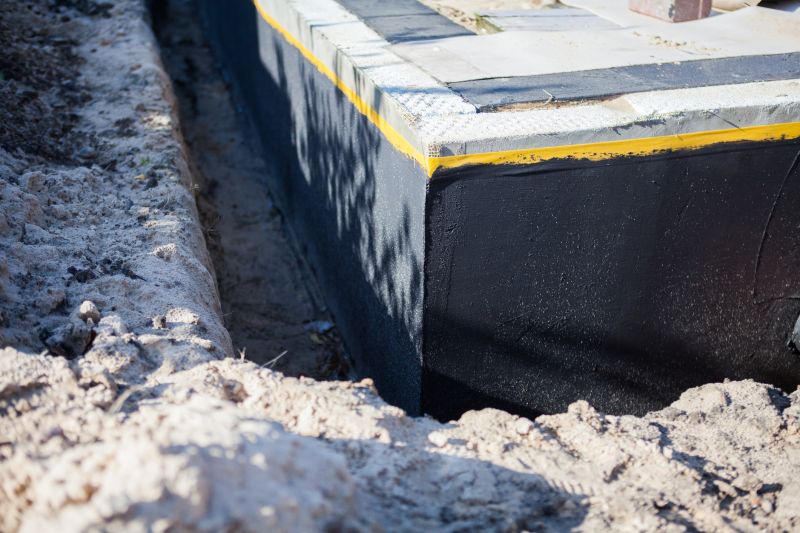
Protection of building foundations against water infiltration is essential for maintaining stability and preventing structural issues.
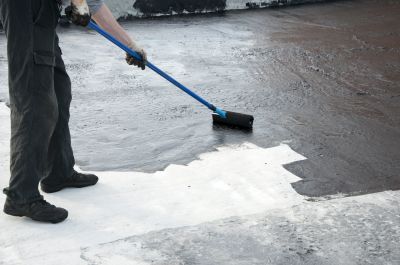
Applying waterproof membranes on roofs helps prevent leaks and water damage, extending the roof's lifespan.
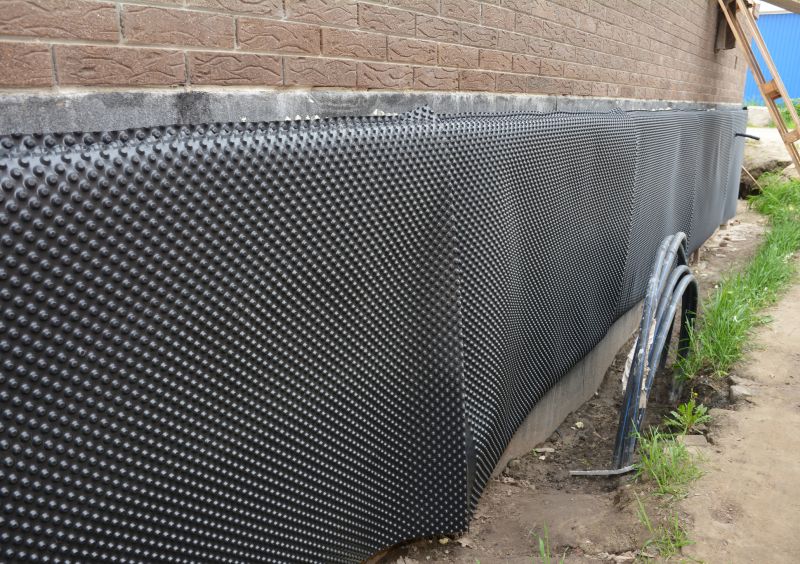
Sealing basement walls and floors keeps moisture out, reducing the risk of mold and structural weakening.
Waterproofing techniques vary depending on the area and purpose, including membrane applications, sealants, coatings, and drainage systems. These methods are designed to create a barrier that resists water penetration, even under extreme weather conditions. Advances in waterproofing materials have increased durability and effectiveness, making modern solutions more reliable than ever.
The process of waterproofing typically involves several steps: surface preparation, application of waterproof membranes or coatings, and curing time. In most cases, a professional can complete standard waterproofing projects within one to three days, depending on the size and complexity of the area. Proper surface preparation and application are crucial to ensure long-lasting results and to prevent future water intrusion issues.
Hiring a professional for waterproofing offers numerous advantages. Experienced contractors understand the nuances of different materials and techniques, ensuring the correct application for each specific project. They can assess potential problem areas, recommend the most suitable solutions, and guarantee a high-quality finish that withstands the test of time. Properly executed waterproofing can significantly reduce maintenance costs and protect property value.
High-quality waterproofing materials can last for decades with minimal maintenance, providing long-term protection.
Investing in professional waterproofing can prevent costly repairs caused by water damage and structural issues.
Materials such as bituminous membranes, liquid coatings, and polyurethane foams are frequently used for effective waterproofing.
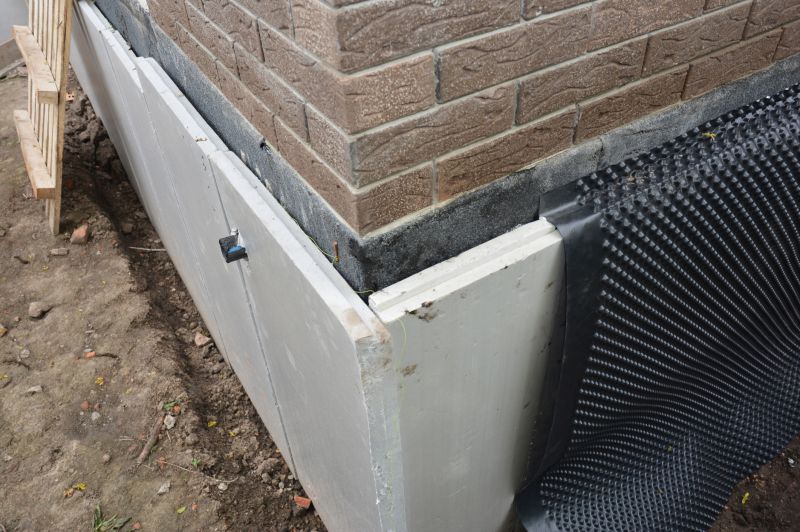
A finished waterproofing application on a commercial building demonstrating effective water barrier.
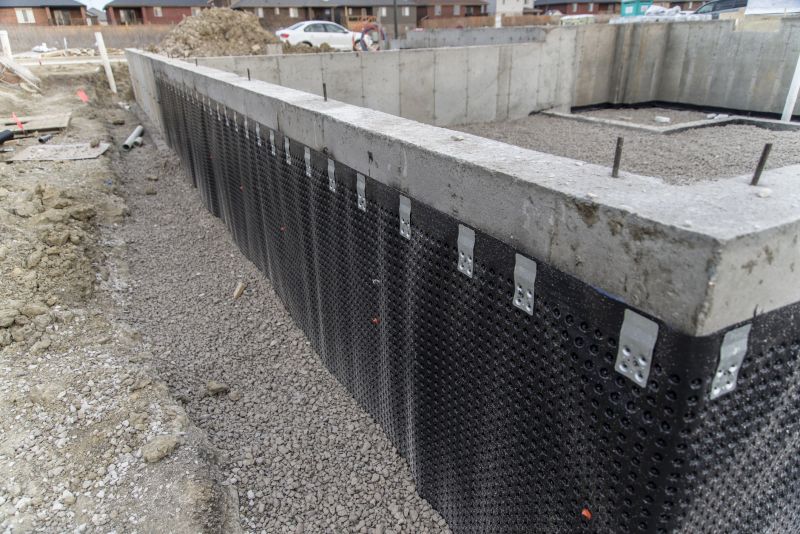
Professional installation of waterproof membranes on a residential foundation.
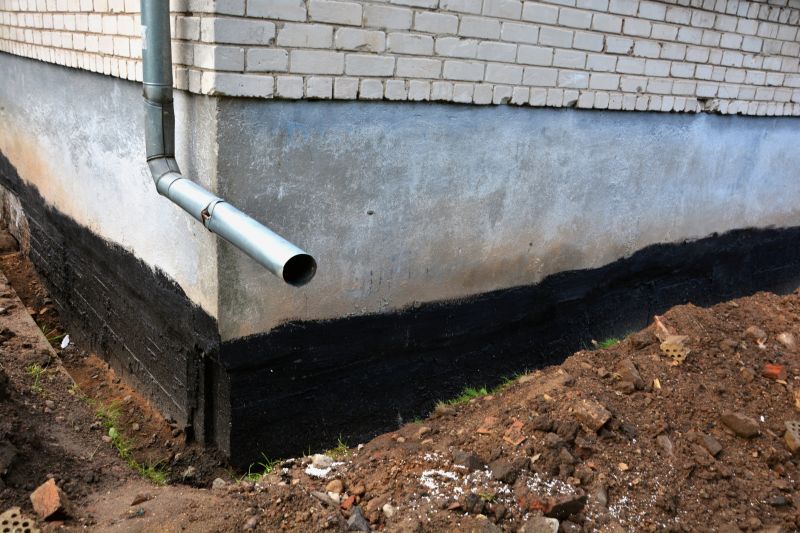
A basement with sealed walls, showcasing successful waterproofing to prevent moisture intrusion.
Proper waterproofing is essential for maintaining the structural integrity and value of a property. It protects against water-related damage, reduces the risk of mold growth, and preserves indoor air quality. Regular inspections and timely maintenance of waterproofing systems can extend their lifespan and ensure continued protection.
If interested in waterproofing services, filling out a contact form provides an opportunity to receive a detailed quote tailored to specific needs. Professional assessments help identify vulnerabilities and recommend suitable waterproofing solutions to safeguard properties effectively.


